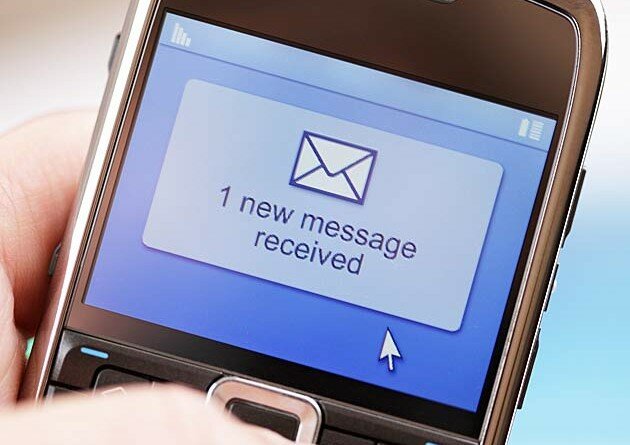Text messages help treat cardiovascular diseases
Text messages help treat cardiovascular diseases
An new study has found that sending text messages to heart attack survivors, encouraging them to make healthier lifestyle choices, can bring significant health benefits. EurActiv France reports.
The results of the study, published last month in the Journal of the American Medical Association, surprised even the researchers.
Over a period of six months, half of a group of around 700 heart attack survivors received the normal medical treatment plus four text messages per week. Each of these messages contained tailored advice for reducing the patient’s risk factors for cardiovascular disease, like poor diet, physical inactivity and smoking.
The other half of the group received only the normal medical treatment, with no additional help.
Psychological impact
While simple, this system has proved to be very effective. The researchers observed a slight decrease in levels of bad cholesterol and a sharp drop in other cardiovascular disease risk factors (blood pressure, physical inactivity, smoking, etc.) in the patients that received the text messages.
On top of the physical impact of these lifestyle changes, doctors also noticed improvements in patients’ psychological state. 91% of those that received the text messages said they felt supported in their recovery; an essential element for effective treatment.
Unlike with some other mobile health programmes, the patients needed only a mobile phone to benefit from this system. And another argument in its favour: the Australian researchers estimated the total cost of the programme at just €10 per patient.
E-health
E-health programmes use custom tools and information provided by the patients themselves to improve standards of care. More and more sufferers of chronic diseases are using connected devices (smartphones, tablets, etc.) and applications to facilitate their treatment.
An estimated 71% of citizens in both France and the UK currently own smartphones. That figure is expected to rise to over 80% in the next two years.
Health hackathons, a Canadian concept which sees doctors team up with software developers to create programmes and applications to improve patient treatment, are becoming more widespread in Europe. These and other developments in e-health tend to be strongly supported by medical professionals.
Source: EurActiv

